QuestionHi Judi
I have a 1 1/2 year TB Filly who had her vaccs on Wednesday... She had one in the chest one up her nose and one in the rump... The next day she was very lathargic and didnt want to eat her grain... I passed it off as not feeling well after the shots... She came around and was acting her self again but was walking rather slowly... I go out every day and I did notice slight swelling where she got her shot in the chest but thought it would go down in a few days.... Today Of course on the 4th of July... She can not walk very well kinda dragging her leg not really wanting to pick it up. The swelling on her chest is huge.. She wont let me touch it and there looks like a ball of fluid below the swollen muscle... Of course I can not get ahold of my vet until tomorrow and I was wondering if there is anything I can do until then.... I have called and left several messages on her phone... I have ran cold water on it put her in a stall and gave her some bute... I hope she will be ok... I am very worried... She puts weight on the leg... She is eating fine... Acting fine but she is in pain when she walks... Any suggestions to help her till i can get the vet out?
Thanks
Alicia
AnswerAlicia -
I am so sorry that I didn't see your question yesterday. I was not home all day because of the holiday and didn't check e-mail until this morning. I realize you'll get a hold of your vet today and that's a good thing because it's entirely possible that your mare is having an allergic reaction to the vaccine. Some horses have minor reactions like this where they feel puny and lethargic along with the localized swelling that you're seeing. Continue to cold hose the area for 15 - 20 minutes a couple of times a day will help a great deal with this ... your instincts were spot on!
Hopefully your vet will be able to offer an alternative vaccine for the next round or perhaps administer it an alternative location rather than the pectoral muscle area.
Thanks Alicia!

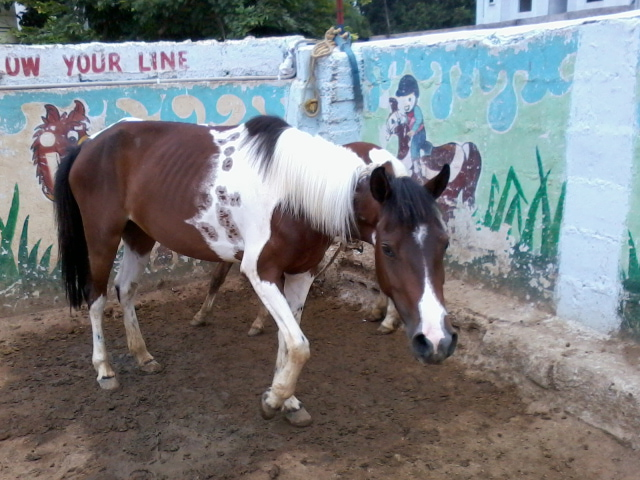 ponies breed
Question
ponies
hello Dorothy. may i know which
ponies breed
Question
ponies
hello Dorothy. may i know which
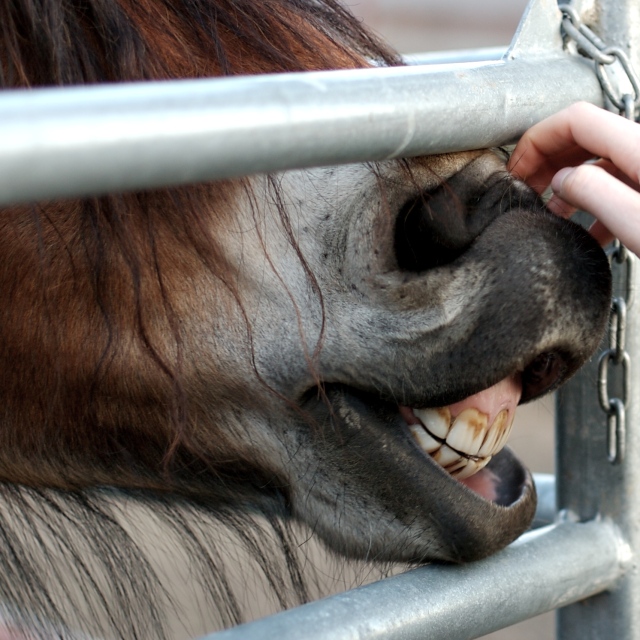 horse age
Question
horse age
hello, can you guess the horse age?
horse age
Question
horse age
hello, can you guess the horse age?
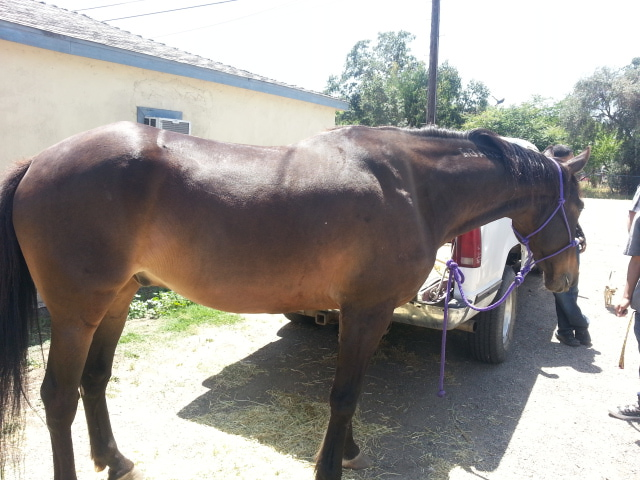 help identify my horse
Question
thunder
Hello I am asking for help I ha
help identify my horse
Question
thunder
Hello I am asking for help I ha
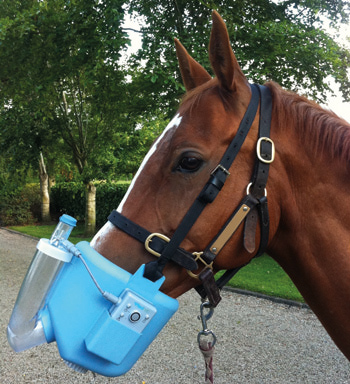 remedy for caugh and cold
Question
nebulizer
hello maam. what is the remed
remedy for caugh and cold
Question
nebulizer
hello maam. what is the remed
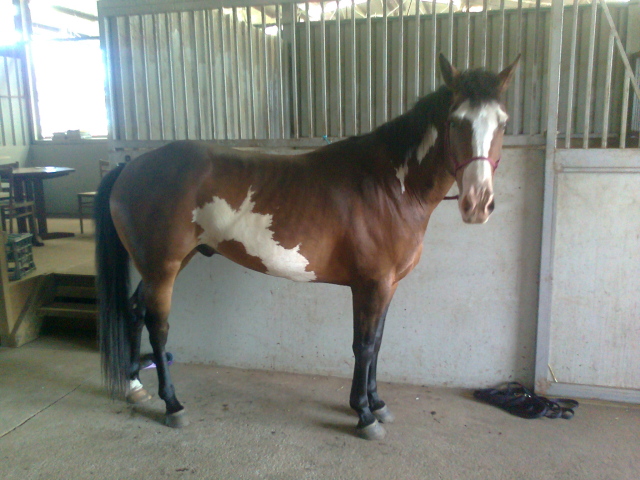 QH x Paint pigrooting / bucking
Question
Saxon
Hi Lyn,
I saw your response to another
QH x Paint pigrooting / bucking
Question
Saxon
Hi Lyn,
I saw your response to another